Some things just don’t seem to go away: the Cleveland sports championship drought, Justin Bieber, homework and of course the Palestine-Israel conflict. Living in Beachwood, it is impossible not to hear about the issues and threats Israel must deal with on a daily basis, especially in relation to the Palestinians.
Unfortunately, living in Beachwood, most students basically only hear one perspective and it seems to be radical to even consider that the Palestinians have any rights at all. But these refugees are people too, and that is why I believe that Israel should respect the rights of the Palestinians.
Firstly, I think it is important to recognize that if Israel respects the rights of the Palestinian people, it will not threaten Israel because many of these people already live there. There are millions of Palestinians who live in Israel-in fact the Israeli Central Statistics Bureau notes that around 20% of Israel’s population identifies as Palestinian. Not all of these people are sympathetic to Israel or respect its sovereignty, yet the rights of democracy in Israel are also granted to these Palestinians despite being such a controversial minority group. That is something to be admired in Israel’s conduct. However, the situation is still far from ideal.
The Economist Magazine notes that these individuals have been marginalized in Israeli society, receive much less government funding than Jewish towns do even in education, and have often found that political parties that are more focused on Arab citizen issues are banned. This is certainly not a fair system and is based on valid fears that the Israeli government has about these Palestinians.
Having such a large population of educationally marginalized individuals certainly is not beneficial to any country’s economy for one. But more importantly, these people already live in Israel, so any harm they may cause is already a risk that is unlikely to be alleviated by unequal treatment. In fact, it will probably fuel resentment by Palestinians in and outside of these areas-and that resentment certainly is not going to aid the peace process. Even if Israel is uncomfortable granting full rights to all Palestinians, addressing the ones who are already citizens of their country could be a step in the right direction.
Of course, the most contentious issues in the Israel-Palestine conflict are the restrictions of the rights of the Palestinians in things like freedom of movement and freedom from indefinite detention and settlement-building. On the former, Human Rights Watch reports that Israel has been holding 178 Palestinians in “administrative detentions”. An administrative detention is when the military is allowed to hold prisoners without charge or trial and by keeping the evidence for this detention secret. In Israel, these detentions are 6 months long but can be renewed over and over again.
And B’Tselem, an Israeli non-governmental organization, has reported that there are many physics barriers and 98 military checkpoints that restrict the ability of Palestinians to move freely in and out of the West Bank. These restrictions have made it harder for the Palestinians to purchase their basic necessities, receive an education, and seek medical treatment without going through a complicated bureaucratic process that often ends in a rejection of the Palestinian’s ability to actually travel.
This is clearly a gross violation of human rights that have been guaranteed by convention and international laws that must be addressed. As for the building of settlements, the United Nations Human Rights council found in January of this year that Israeli settlement-building violates international law and the human rights of the Palestinians, and asked Israel to stop.
I understand that many Israelis view these settlements as land that rightfully belongs to them, but there are people living here who are displaced by the building activities and have nowhere to go. Israel, if it is going to continue this policy, has a moral obligation to do something to guarantee the rights of these people so that they are not forced into deplorable living conditions. If these lands belong to Israel, then so do the people who live on them and they must be treated fairly.
Unfortunately, by not guaranteeing these basic rights to the Palestinian people, Israel has been creating its own enemy. Rather than solving anything, the problem is only being perpetuated by this lack of rights.
Israel and the Palestinians have to accept their reality. They live in the same land and use the same natural resources. Without a mutual respect for the rights of each other’s people, there is only violence and conflict.
So what this means is that the Palestinians need to stop taking aggressive actions against Israel, especially against civilians, without expecting Israel to defend itself as it has every right to. But Israel needs to stop aggravating the Palestinians with these human rights violations-or at least protect the rights of the Palestinian citizens who already live in Israel.
I know this whole situation seems unsolvable. And with the current political climate in Israel, Palestinian territories and even the United States, it probably is. But without respecting the rights of the Palestinians, the human cost to both the Palestinians and Israelis will continue to grow.




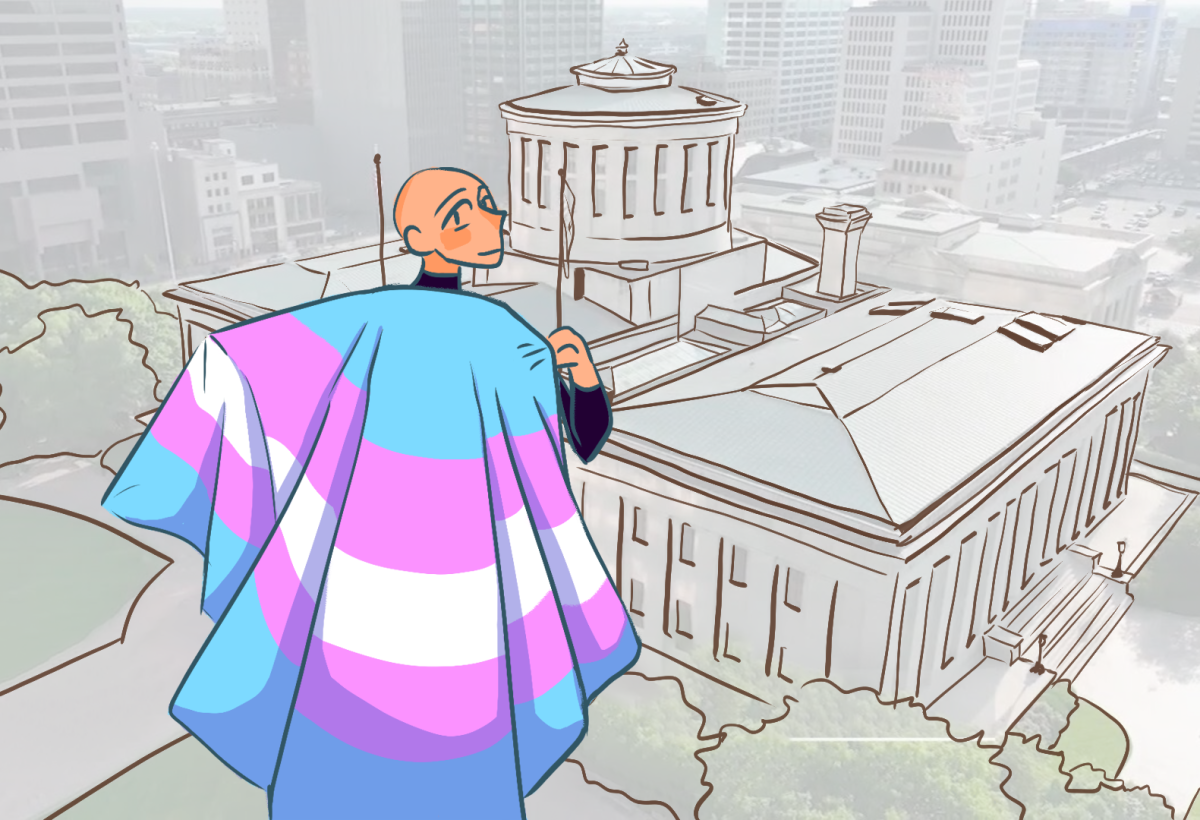
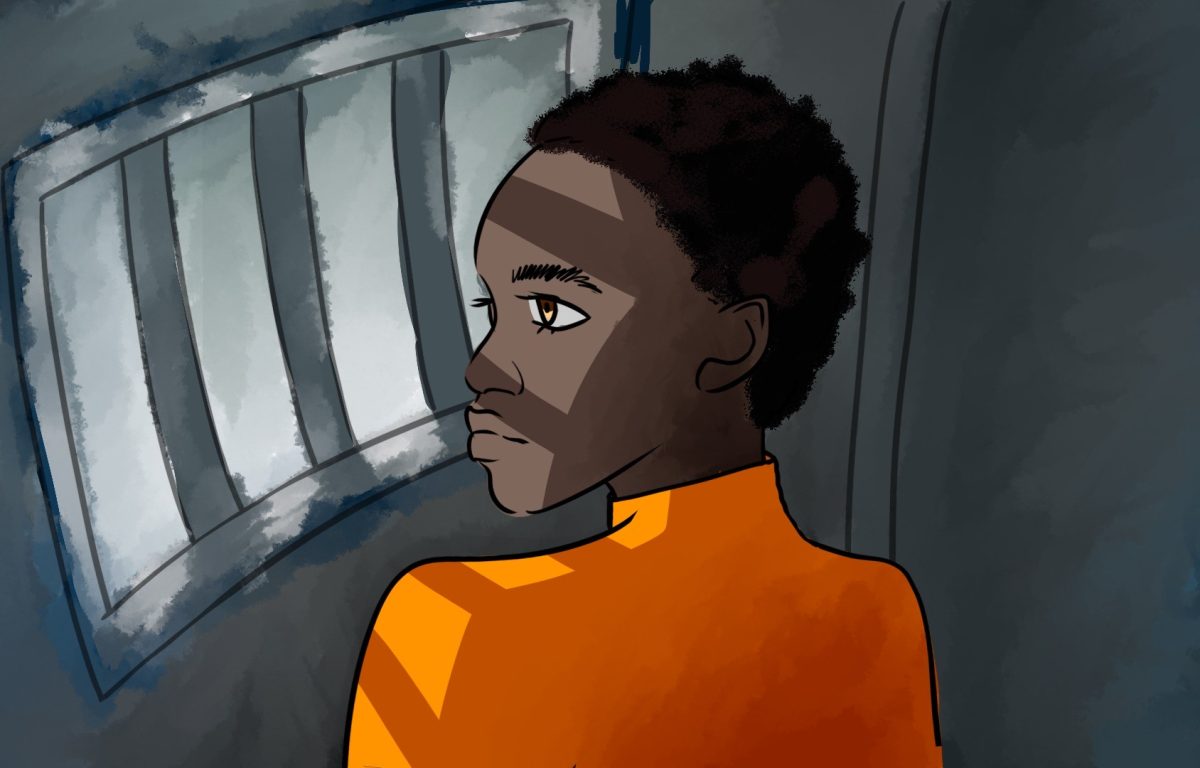
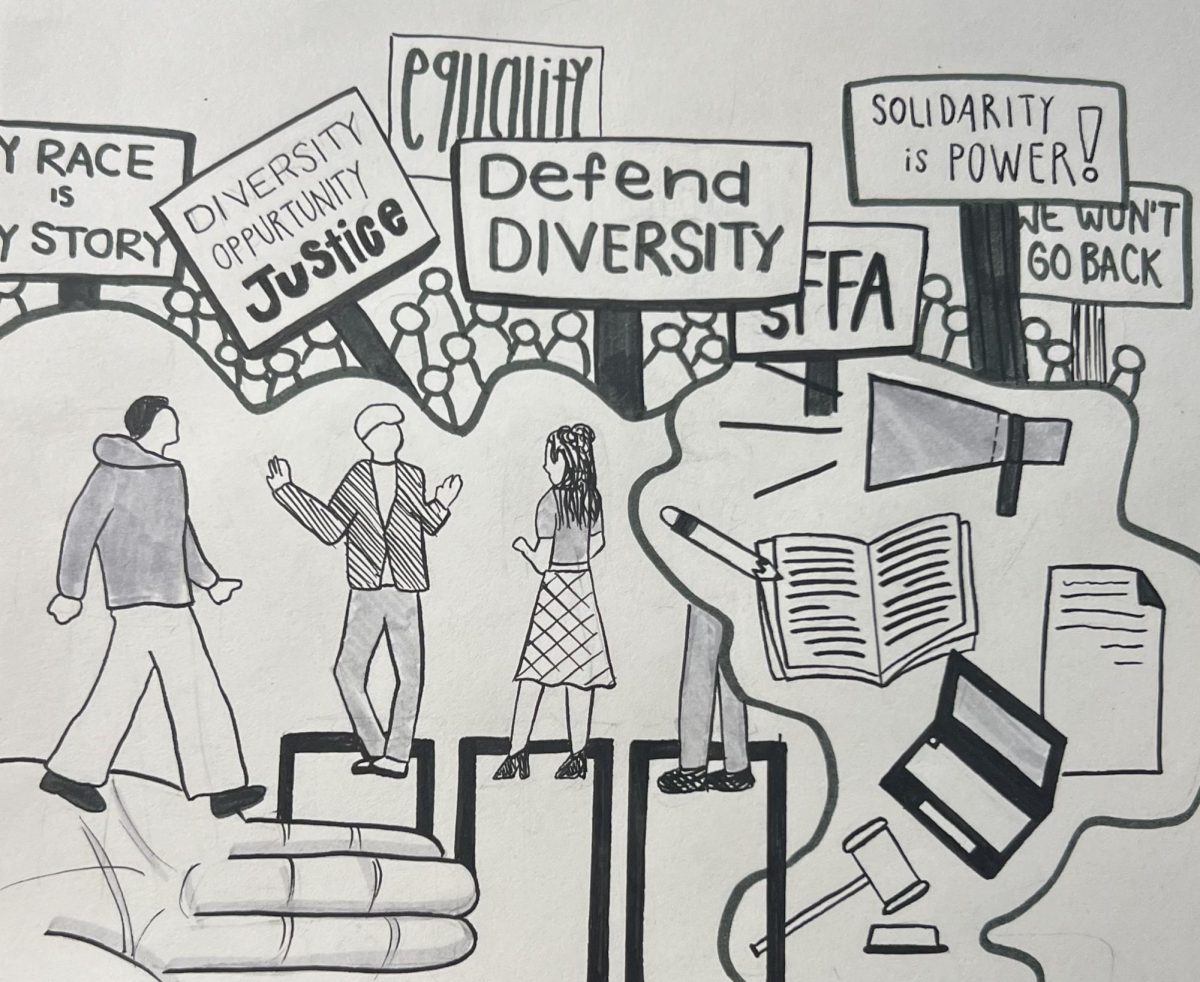
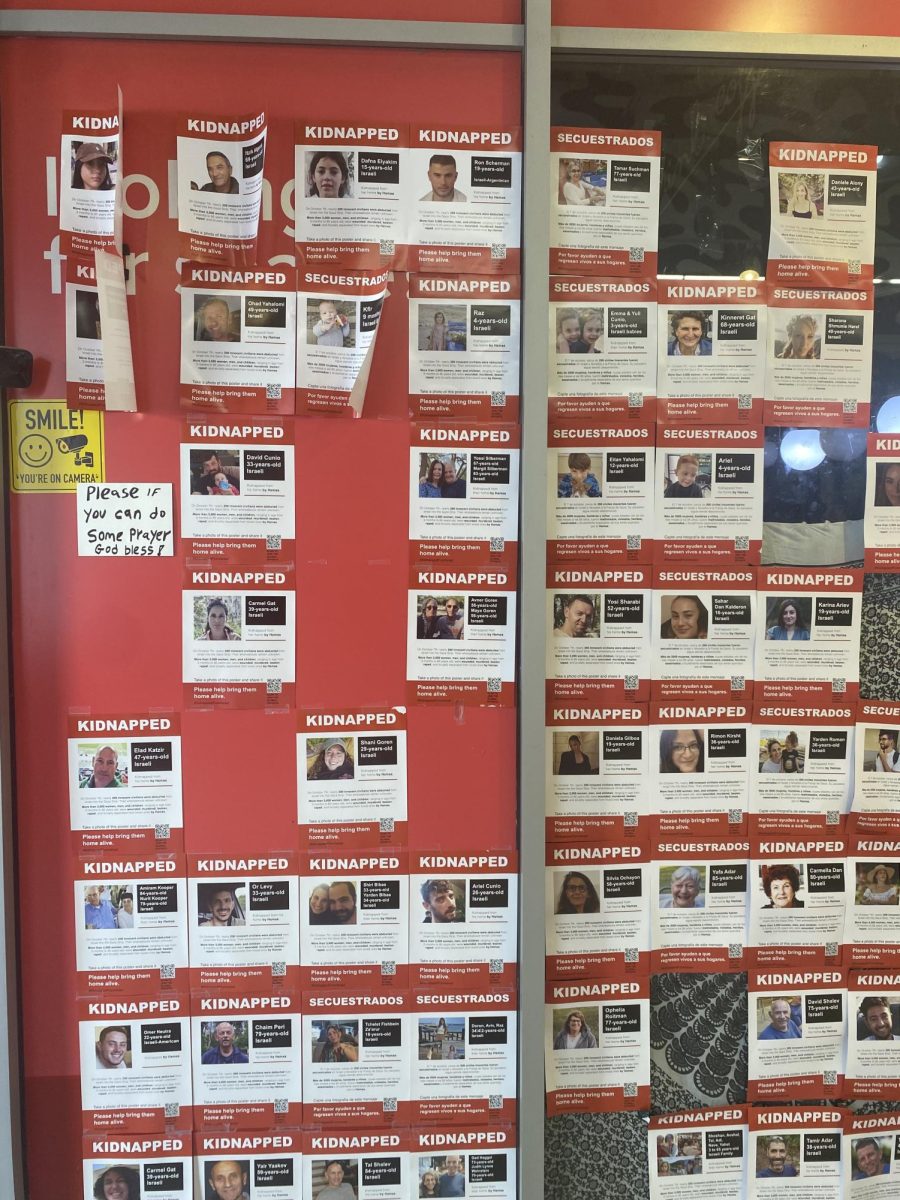
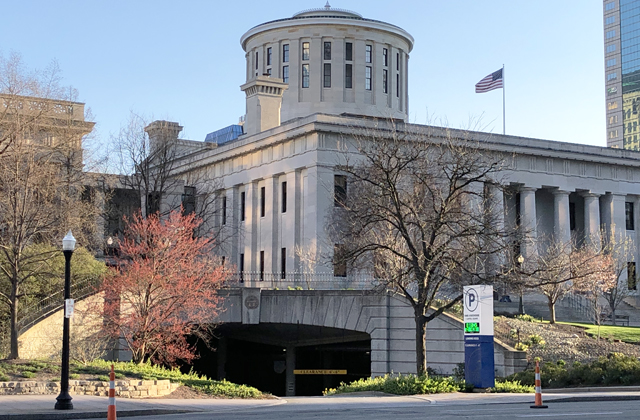

Dina • May 26, 2013 at 3:21 PM
I commend the writer for writing an article which is no doubt pretty “controversial” considering it is coming from Beachwood. I also commend this school newspaper for publishing this sort of discussion – being tolerant and engaged with dissent is one of the fundamentals of a pluralistic and “free” society.
With that being said, it is important to understand why the Palestinian people don’t “respect [Israel’s] sovereignty.” Could it be perhaps the creation of the state of Israel included ethnic cleansing of the native Palestinian population and many of them becoming refugees having to leave their homes to go into neighboring Arab refugee camps? When your foundation is based on this, how can you expect the Palestinians to “respect” your sovereignty? It is more reasonable to expect them to respect Israel’s right to exist now; I think that’s a better way of putting it. Because modern Israel’s history has been far from pretty, and expecting those who were affected negatively from it to respect it is pretty silly.
Edward Said, a renowned cultural critic, once said: “Exile is strangely compelling to think about but terrible to experience. It is the unhealable rift forced between a human being and its native place, between the self and its true home: its essential sadness can never be surmounted.”
Obviously, I am not from Beachwood, but it is important for people in Beachwood to realize that life outside of their suburb is much different. Ardent love for Israel is far from what the majority of the world (including European nations) think of Israel’s past and present actions. How long will Israel continue to remain Fortress Israel? Defensive Israel? Aggressive Israel? Isolated Israel? Israel needs to sacrifice some security measures to allow for any healthy reconciliation to bloom. Israel needs to simply let some walls down. Some weapons down. Some armor down. It’s been 60 + years of this conflict darn it. Listen to what the other side is saying. They have their stories and scars too. Move over religious and/or cultural loyalties – it’s a mob-like mentality which is destructive. Allow critical thinking and engagement. Of course, you can still be a defender of Israel, but if anyone really genuinely wants best for Israel, they should work towards finding peace, which includes constructive criticism — and that is what is best for Israel.